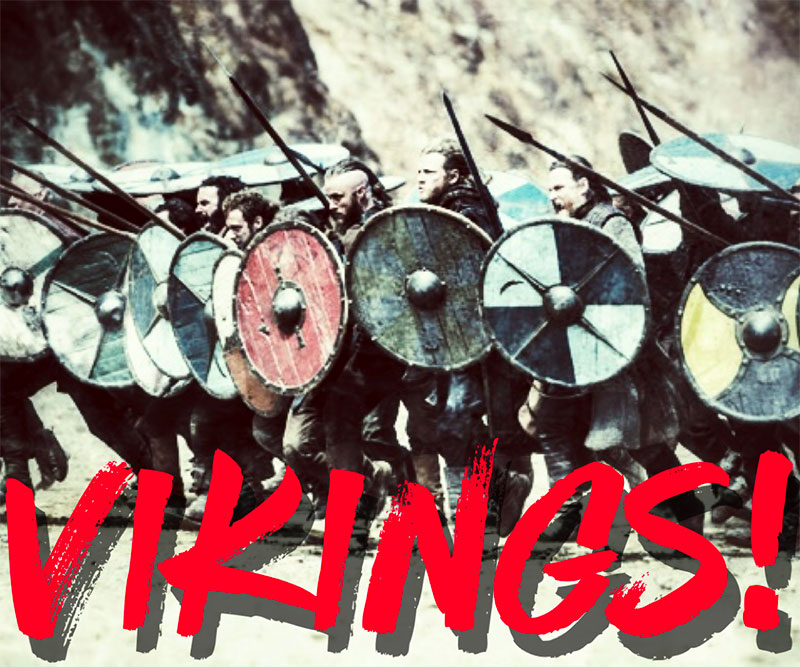The second book of the Forerunner Series takes place in the summer of 878 when a critical battle changes the fortunes of the Agneson family as well as all of the petty kingdoms under the Danelaw. That conflict was the Battle of Ethandun. For many years since the death of his brother and his assumption of the throne of Wessex, Alfred could do little about the Danish invaders, beyond repeatedly paying off the intruders. The superior Danish forces did as they pleased, while Alfred chased the Danes ineffectively around Wessex. Conquering Danish remained the victors for many years. Over the year 877 Guthrum, the Lord of the Danes in East Anglia had led his forces to harass Wessex at every turn.
In the Winter of the year 878, Alfred of Wessex spent Christmas at Chippenham, thirty miles from Gloucester. Guthrum’s Anglian armies attacked Chippenham “in midwinter after Twelfth Night,” probably during the night of 6 January 878, capturing the fortress and forcing Alfred to retreat “with a small force” into the wilderness. With his small warband, Alfred could not hope to retake his town from the Danes, who had proved themselves adept at defending fortified positions. He retreated to the south, preparing himself and his forces for another battle. In the chronicles we next hear of Alfred at Easter, when it is written that he built a fortress at Athelney. In the seventh week after Easter, around the 7th of May, Alfred called a levy at Egbert’s Stone. Many of the men in Somerset, Wiltshire, and Hampshire counties rallied to him. The next day, Alfred’s host moved to Iley Oak, and then on to Ethandun. There, on an unknown date between 7 and 12 May, they fought Guthrum and the assembled forces of Danelaw. According to the Life of Alfred the Great: “Fighting ferociously, forming a dense shield-wall against the whole army of the Pagans, and striving long and bravely…at last he [Alfred] gained the victory. He overthrew the Pagans with great slaughter, and smiting the fugitives, he pursued them as far as the fortress.”
The Danes fled back to Chippenham fort to hide, so the West Saxons collected all food that the Danes might be able to capture in a sortie and waited. After two weeks, the hungry Vikings sued for peace, giving Alfred “preliminary hostages and solemn oaths that they would leave his kingdom immediately,” but Alfred extracted a promise that “Guthrum the old” would be baptized. The difference between this agreement and previous treaties was that rather than just stopping the Danes, Alfred had decisively defeated the Vikings at Ethandun, thought to be modern day Edington, and therefore he felt it more likely they would keep to the terms of the treaty. Alfred’s decisive victory at Ethandun began twenty years of driving the Danes from the British Isles and the eventual unification of the kingdoms into a new country called England.

